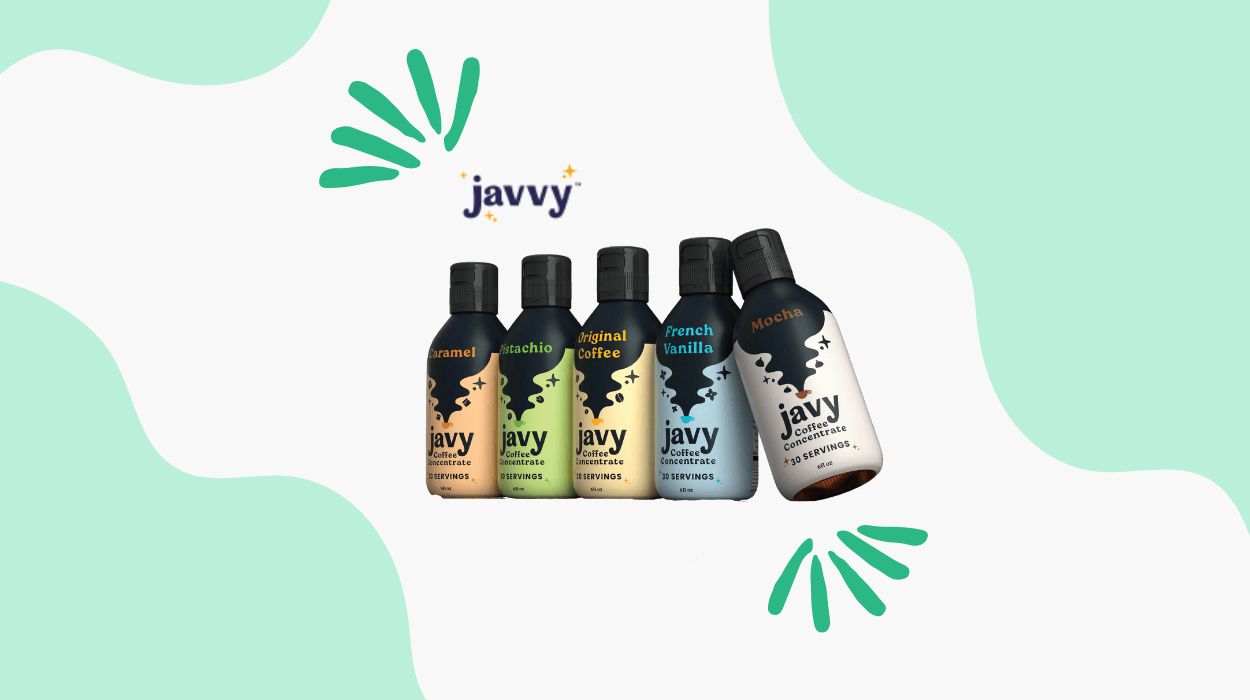

You may have experienced anxiety at some point during your life. It is a common human emotion marked by unease, fear, or dread in response to perceived danger or stressful situations.
Feeling anxious for a long time could mess with your head, making you think negatively or overanalyze things. It might also make it hard to concentrate or think clearly.
Anxiety could also cause a fast heartbeat, breathing too quickly, sweating a lot, having trouble sleeping, or feeling tired.
Dealing with anxiety means you have to learn to handle what triggers it and get better at controlling how you react.
Addressing your emotions and reactions is important, especially for handling relationships and happiness.
If you practice managing your emotions well, it could help you handle situations that make you anxious with more patience, thinking things through carefully, and bouncing back stronger when things get tough.
In this article, I have explained the importance of self-regulation in minimizing anxiety triggers and some methods to practice it.
Self-regulation means managing how you behave, feel, and handle your mood to overcome tough situations with strength. For example, it’s like calming yourself when you’re feeling down or lifting your spirits when things get tough.
Learning to regulate yourself could help you handle your emotions and actions so you can still get things done even when you’re not feeling motivated or when anxiety kicks in.
Getting better at self-regulation might also help you stop dwelling on things too much during anxious times so you don’t end up thinking the worst.

Learning to handle emotions starts when you are kids, and it’s essential for growing up and making good friends. It means getting used to dealing with feelings that aren’t always easy and not always doing what you want right away.
When kids start figuring out how to deal with their feelings, it helps them handle tough situations later. So, learning to control your feelings when you’re young could help you make smart choices and get along better with people when you’re older.
Emotional maturity attained through self-regulation might help you tackle emotional, cognitive, and social threats in the environment with thoughtfulness and patience. This makes self-regulation closely linked to mindfulness.
To get better at self-regulation, try these strategies:
For grown-ups, here are some ways to improve self-regulation:
Teaching kids self-regulation is essential. Here are some ways to help them:
Self-regulation, rooted in childhood, is essential for emotional maturity and maintaining social connections. It may help in managing emotions, behaviors, and impulses effectively.
Strong self-regulation skills could act in alignment with their values, remain calm in stressful scenarios, communicate openly, and persevere through challenges.
Lack of self-regulation may cause the child to yell or hit other children in frustration, making them infamous among their peers.
Adults without proper self-regulation skills may lack self-esteem and self-confidence and face trouble handling stressful scenarios.
Early neglect or lack of security may result in self-regulation difficulties, potentially leading to mental health issues if left unaddressed.
Self-regulators may serve as a pause between feeling and action, leading to increased resilience and positive health outcomes.
Clouded thinking (also known as brain fog) is a prevalent symptom often associated with anxiety. This mental fatigue may significantly impact daily functioning and overall well-being. Brain fog is characterized by:
These symptoms could be distressing and may lead to increased anxiety as you struggle to manage your thoughts effectively.
Prolonged stress and anxiety can exacerbate brain fog, creating a cycle of inefficiency and heightened worry. Identifying the causes of brain fog, like a temporary source of stress (a big work project), may help you figure out how to address it.
Mindfulness implies focusing on the present moment without judgment, allowing you to observe your feelings and thoughts as they arise. Practicing mindfulness may offer the following benefits:
Engaging in mindfulness practices, such as present-moment awareness and deep breathing, can enhance emotional well-being and cognitive clarity. Practicing mindfulness may cultivate greater self-awareness and help regulate your emotions more effectively.
Deep breathing techniques help calm your mind and body by reducing stress and promoting relaxation. Taking slow, deep breaths may signal your nervous system that it is safe to relax, leading to decreased anxiety levels.
You may integrate mindfulness into daily activities like eating, walking, coloring, or commuting. Present moment awareness in mindfulness encourages you to let go of worries about the future or past regrets, bringing your attention to the current experience.
The practice of cognitive reframing, also known as cognitive reappraisal, involves changing your thought patterns to influence emotional responses. It encourages you to consider alternative perspectives and challenge negative thinking patterns.
A study examined the link between self-regulation strategies (e.g., mindfulness, emotion suppression, and cognitive reappraisal) and emotional well-being. It found cognitive reappraisal associated with daily positive emotions, including happiness, satisfaction, and enthusiasm.
Cognitive reframing may help self-awareness by prompting you to objectively analyze your thoughts and emotions.
When preoccupied with anxious feelings, you may overthink, have concentration difficulties, or ruminate and imagine adverse outcomes. Fortunately, practicing self-regulation skills through mindfulness, cognitive reappraisal, or positive affirmations may help reduce anxiety.
Engaging in relaxation techniques like yoga, meditation, body scans, or progressive muscle relaxation might help induce calmness and reduce anxiety. Practicing emotional awareness, deliberate decision-making, and present-moment awareness could also minimize anxiety.
The journey towards effective anxiety regulation is not limited to alleviating immediate distress. It also empowers you to navigate life’s challenges with mindfulness, resilience, and emotional balance.
Tyler Read earned an undergraduate academic degree from Sonoma State University, California and is a certified personal trainer (CPT) with NASM (National Academy of Sports Medicine). With over 16 years of experience, Tyler has trained clients both online and in-person.
He is passionate about helping others turn their love for fitness into a career. Tyler has worked with many local and commercial gyms before establishing his successful private personal training business, which he continues to operate.
